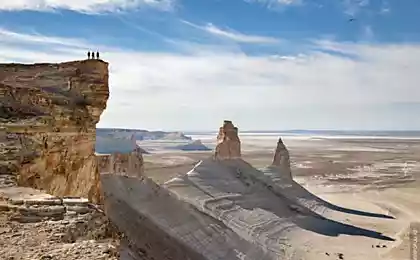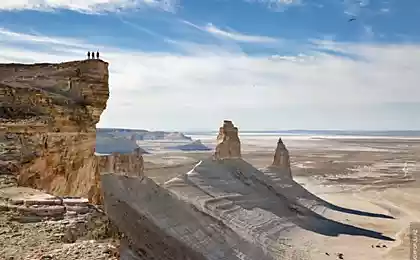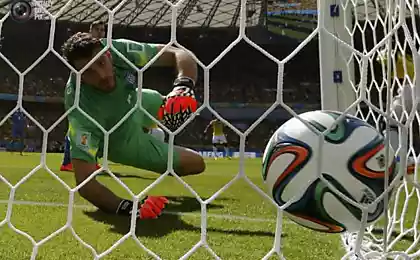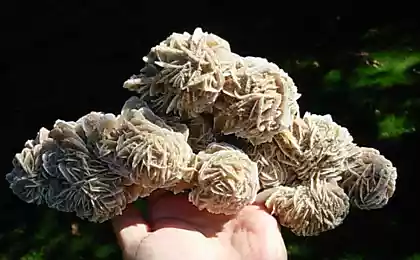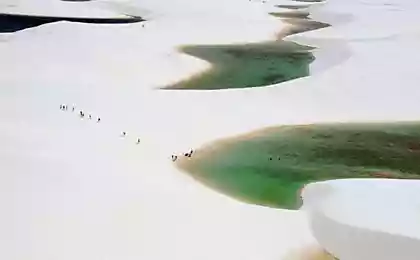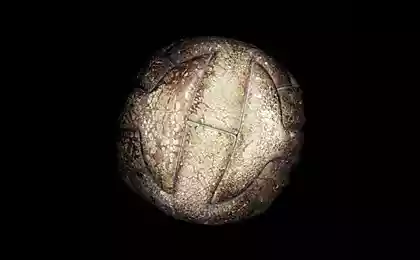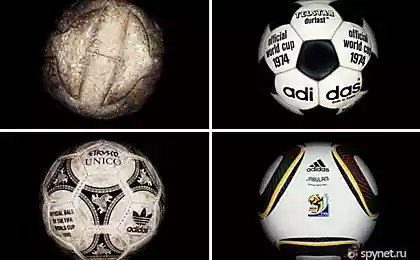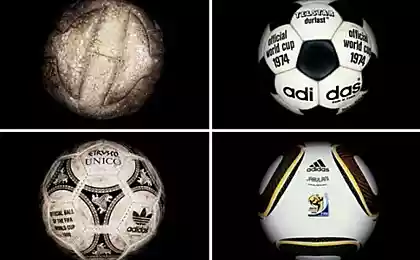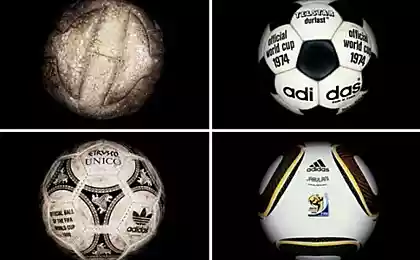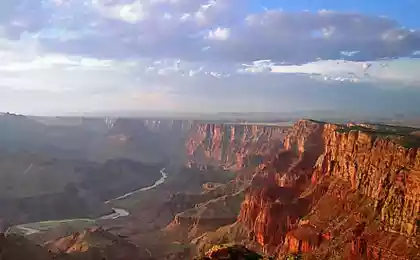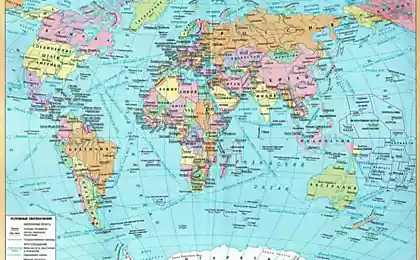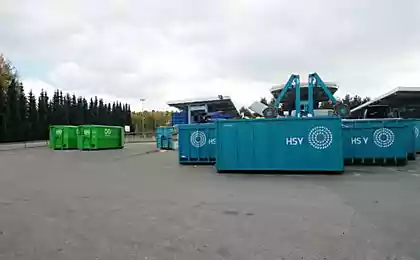2387
Dangerous desert in the world (6 photos)
Namib Desert. Namibia. The oldest desert in the world
African Namib desert, stretching along the coast of Namibia, almost never seen rain for at least 55 million years.
During the year there falls no more than 10 mm of rain (for comparison, in Moscow - about 600 mm), but because of its huge space
80 thousand square kilometers is almost barren and uninhabited. The very name from the language of the local people Nama is translated as "place,
where there is nothing. " But here you can find the world's highest sand dunes, which can reach a height of 300 meters.
In addition, immediately found a fairly large deposits of uranium, tungsten and diamonds.
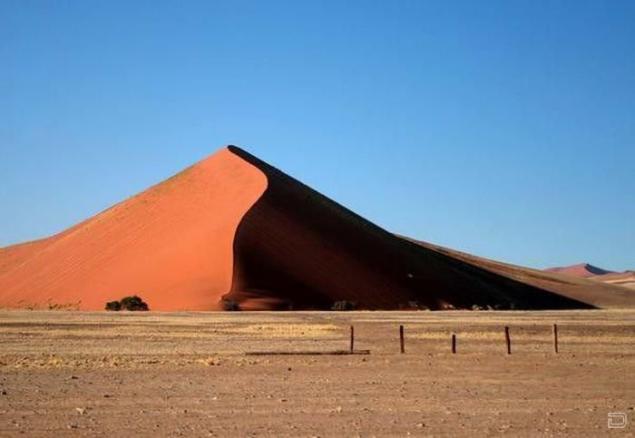
Uyuni Desert. Bolivia. Most salt desert in the world
Nestled on an area of 10 thousand square kilometers of desert Uyuni is considered the most salt in the world. Her salt reserves estimated at 10 billion tons. Once upon a time there was a large salt lake, but over time it has dried up, leaving the entire salt dissolved in water on the Earth's surface. In the same desert and buried the world's largest reserves of lithium. Fascinating local landscapes attract the salt marshes is quite a lot of tourists and local residents have adapted to build a house of salt plates, which offer travelers to spend the night.
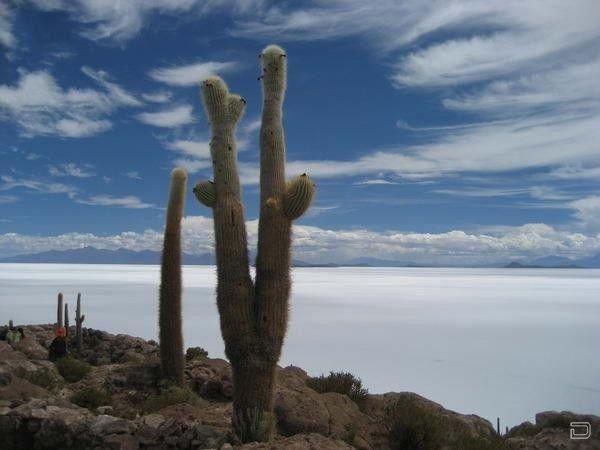
Aralkum. Uzbekistan and Kazakhstan. The youngest desert in the world
The Aral Sea, most recently is the fourth largest salt lake in the world, starting with the 60-ies of the last century, has lost 90% of its surface. This stems from the Soviet Union irrigation projects, carried off all the water from the rivers feeding the sea to irrigate vast cotton crops. Despite the fact that until now the proposed project on the rescue of the sea, scientists believe that it is impossible to do. Even if withdrawals from the Amu Darya and Syr Darya will be completely terminated at the restoration of the former volume of water need at least 200 years. Aralkum part-time and is the most poisonous desert world. Pesticides and fertilizers, which once increased cotton yields and struggled with pests, together with the river water entering the lake, and now in the dry form together with the dust carried far beyond the desert. Toxic substances have been found here, even in the blood of penguins in Antarctica.
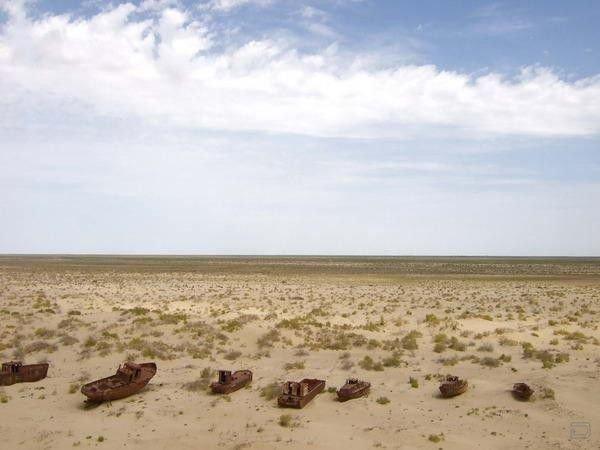
Desert Kakros. Canada. The smallest desert in the world
The smallest desert in the world takes only 2, 6 square kilometers and, strictly speaking, this is not a desert. Despite the fact that the climate is much drier than the surrounding countryside, the rains do occur here. At the end of the 90s of the last century, local authorities attempted to make out of the wilderness reserve, but encountered strong resistance of local residents, who have long adapted the place as picnic areas, off-road riding and raids on the boards with dunes.
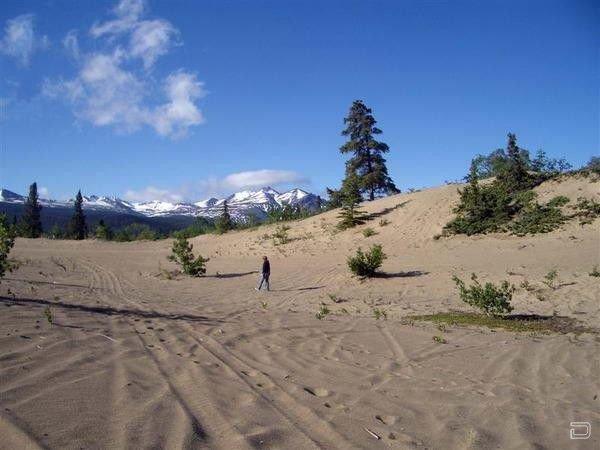
Sugar. North Africa. The largest desert in the world
For its size the Sahara, which occupies most of North Africa, comparable to the European continent, or the United States. Its area is 9,000,000 square kilometers and covers 11 African countries. Here in 1922 was recorded the highest temperature - 57, 8 degrees Celsius. Every year in the Sahara there is more than 160 mirages. For travelers even composed a special card, through which you can know exactly where most likely you can see mirages well, palm groves, oases or mountain ranges.
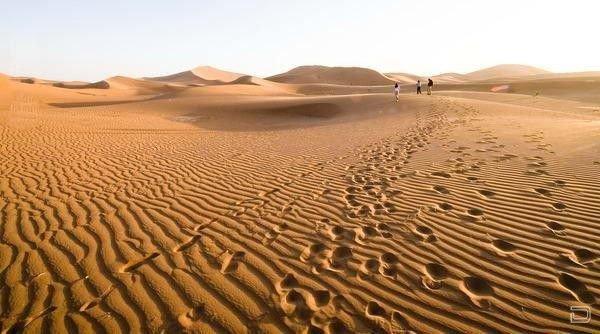
Atacama Desert. Chile. The driest desert in the world
Prior to the Atacama desert, sandwiched between the Andes Cordillera and does not get hardly any rain cloud. Precipitation is not seen for several years, and some meteorological stations have never recorded a drop of rain for the entire period of its existence. Dry such that the local mountain peaks, reaching a height of no less than 6,500 meters, devoid of ice caps.
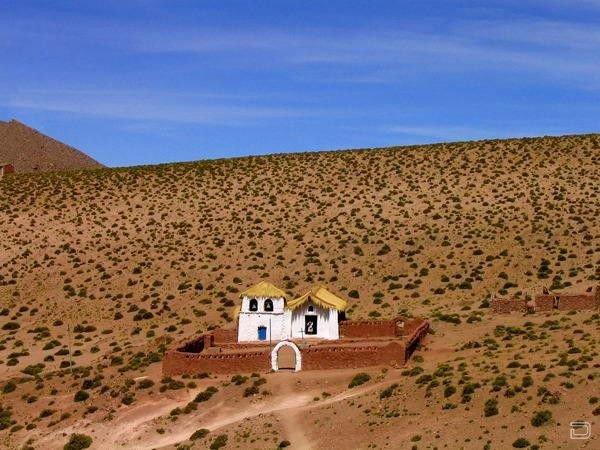
African Namib desert, stretching along the coast of Namibia, almost never seen rain for at least 55 million years.
During the year there falls no more than 10 mm of rain (for comparison, in Moscow - about 600 mm), but because of its huge space
80 thousand square kilometers is almost barren and uninhabited. The very name from the language of the local people Nama is translated as "place,
where there is nothing. " But here you can find the world's highest sand dunes, which can reach a height of 300 meters.
In addition, immediately found a fairly large deposits of uranium, tungsten and diamonds.

Uyuni Desert. Bolivia. Most salt desert in the world
Nestled on an area of 10 thousand square kilometers of desert Uyuni is considered the most salt in the world. Her salt reserves estimated at 10 billion tons. Once upon a time there was a large salt lake, but over time it has dried up, leaving the entire salt dissolved in water on the Earth's surface. In the same desert and buried the world's largest reserves of lithium. Fascinating local landscapes attract the salt marshes is quite a lot of tourists and local residents have adapted to build a house of salt plates, which offer travelers to spend the night.

Aralkum. Uzbekistan and Kazakhstan. The youngest desert in the world
The Aral Sea, most recently is the fourth largest salt lake in the world, starting with the 60-ies of the last century, has lost 90% of its surface. This stems from the Soviet Union irrigation projects, carried off all the water from the rivers feeding the sea to irrigate vast cotton crops. Despite the fact that until now the proposed project on the rescue of the sea, scientists believe that it is impossible to do. Even if withdrawals from the Amu Darya and Syr Darya will be completely terminated at the restoration of the former volume of water need at least 200 years. Aralkum part-time and is the most poisonous desert world. Pesticides and fertilizers, which once increased cotton yields and struggled with pests, together with the river water entering the lake, and now in the dry form together with the dust carried far beyond the desert. Toxic substances have been found here, even in the blood of penguins in Antarctica.

Desert Kakros. Canada. The smallest desert in the world
The smallest desert in the world takes only 2, 6 square kilometers and, strictly speaking, this is not a desert. Despite the fact that the climate is much drier than the surrounding countryside, the rains do occur here. At the end of the 90s of the last century, local authorities attempted to make out of the wilderness reserve, but encountered strong resistance of local residents, who have long adapted the place as picnic areas, off-road riding and raids on the boards with dunes.

Sugar. North Africa. The largest desert in the world
For its size the Sahara, which occupies most of North Africa, comparable to the European continent, or the United States. Its area is 9,000,000 square kilometers and covers 11 African countries. Here in 1922 was recorded the highest temperature - 57, 8 degrees Celsius. Every year in the Sahara there is more than 160 mirages. For travelers even composed a special card, through which you can know exactly where most likely you can see mirages well, palm groves, oases or mountain ranges.

Atacama Desert. Chile. The driest desert in the world
Prior to the Atacama desert, sandwiched between the Andes Cordillera and does not get hardly any rain cloud. Precipitation is not seen for several years, and some meteorological stations have never recorded a drop of rain for the entire period of its existence. Dry such that the local mountain peaks, reaching a height of no less than 6,500 meters, devoid of ice caps.




